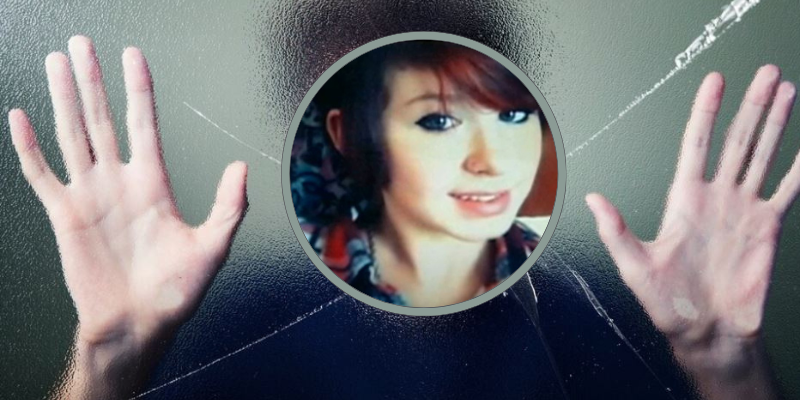Certain names become emblems of much more than tragedy when they are associated with senseless violence. Not only was 17-year-old Tara Willenborg a vibrant and promising young woman, but she was also adored, particularly by her fiancé and boyfriend, Josh Lewis, whose heartbreaking tale is still incredibly painful and deeply personal.
Josh expected to spend some quiet time with Tara when he returned home from an overnight shift on that fateful March 2013 morning. Rather, he entered a scene that would change his life forever. The first indication was the strangely unlocked apartment door. Inside, he discovered Tara’s lifeless body—the unimaginable. What was once a home turned into a place of irreparable loss in that one instant.
Key Facts About Tara & Josh’s Relationship
| Attribute | Details |
|---|---|
| Tara Rose Willenborg | Born 1995, tragically murdered on March 2, 2013, in Clarksville, Indiana |
| Boyfriend/Fiancé | Josh Lewis (21 at the time; had been in a relationship with Tara for ~6 months) |
| Relationship Status | Engaged (informally), reportedly saving for a ring |
| Location of Incident | Cambridge Square Apartments, Clarksville, IN |
| Suspect | Richard Hooten, a 49-year-old neighbor and registered sex offender |
| Legal Outcome | Hooten pled guilty, receiving a sentence that effectively ensures life in prison |
🧠 A Moment That Was Extremely Strong Despite Breaking Everything
Josh started CPR out of instinct and pure love, even though he knew deep down that Tara was already dead. In the hope of a miracle that never materialized, he sliced the apron string from her neck with shaking hands. He subsequently stated, “I knew she was gone already, but I couldn’t stop at that point.”
What came next was almost twenty minutes of unadulterated, desperate effort, driven solely by love and incredulity and directed by a 911 dispatcher. Moments like these, when life as you know it vanishes forever, are inexplicable—split-seconds stretched into emotional eternities.
This Neighbor Is Untrustworthy: A Perilous Closeness
The fact that the danger had always been so close made this story even more unsettling. Richard Hooten, the assailant, was no stranger hiding in the shadows. He was the neighbor next door, a sex offender with decades of criminal history. He was the only person Josh and Tara had ever met. That was sufficient.
Josh unwittingly confronted the man who killed her when he ran next door to seek assistance. Hooten’s decision to hide in a gas station restroom rather than dial 911 creates an especially eerie sense of guilt. When monsters pose as neighbors, it also demonstrates how easily trust can be violated.
⚖️ A Court Settlement, But No Real Settlement
Hooten eventually admitted it. He avoided the death penalty by entering a guilty plea to several charges, including rape, murder, and abuse of a corpse. However, this result meant more certainty than satisfaction to Tara’s mother and her loved ones, including Josh.
Josh was spared the agony of testifying by forgoing the trial, and the family was spared from ongoing suffering. However, a complete admission was insufficient to restore what had been lost. “A formal admission of guilt can’t give us back what was taken,” as Tara’s mother so eloquently put it.
🌅 Preserving the Memory: How Love Survives Death
Josh kept wearing the necklace he had given Tara, a tiny silver token that was supposed to symbolize the six months of a blossoming romance, in the months following her death. His memories and the hearts of those who knew her are still haunted by that story, which was cut short by unspeakable cruelty.
Josh has become a living example of what it means to grieve with strength because of his bravery in speaking up and his remarkable honesty and clarity in narrating those last moments. He is the young man who loved her, stood up for her, and remembers her with dignity—he is more than just the boyfriend who discovered her.
A Resilient Story That Encourages Introspection
This case serves as a painful but essential reminder in light of the growing discussions surrounding community safety and the treatment of repeat offenders. More significantly, though, it illustrates how resilient the human heart is.
Josh Lewis became a symbol of tragedy and the kind of love that endures beyond death as a result of his unfathomable loss.
Would you prefer a narrative piece with the voices of people who have transformed grief into advocacy, or a follow-up on how communities can create safer residential environments to protect young women?



